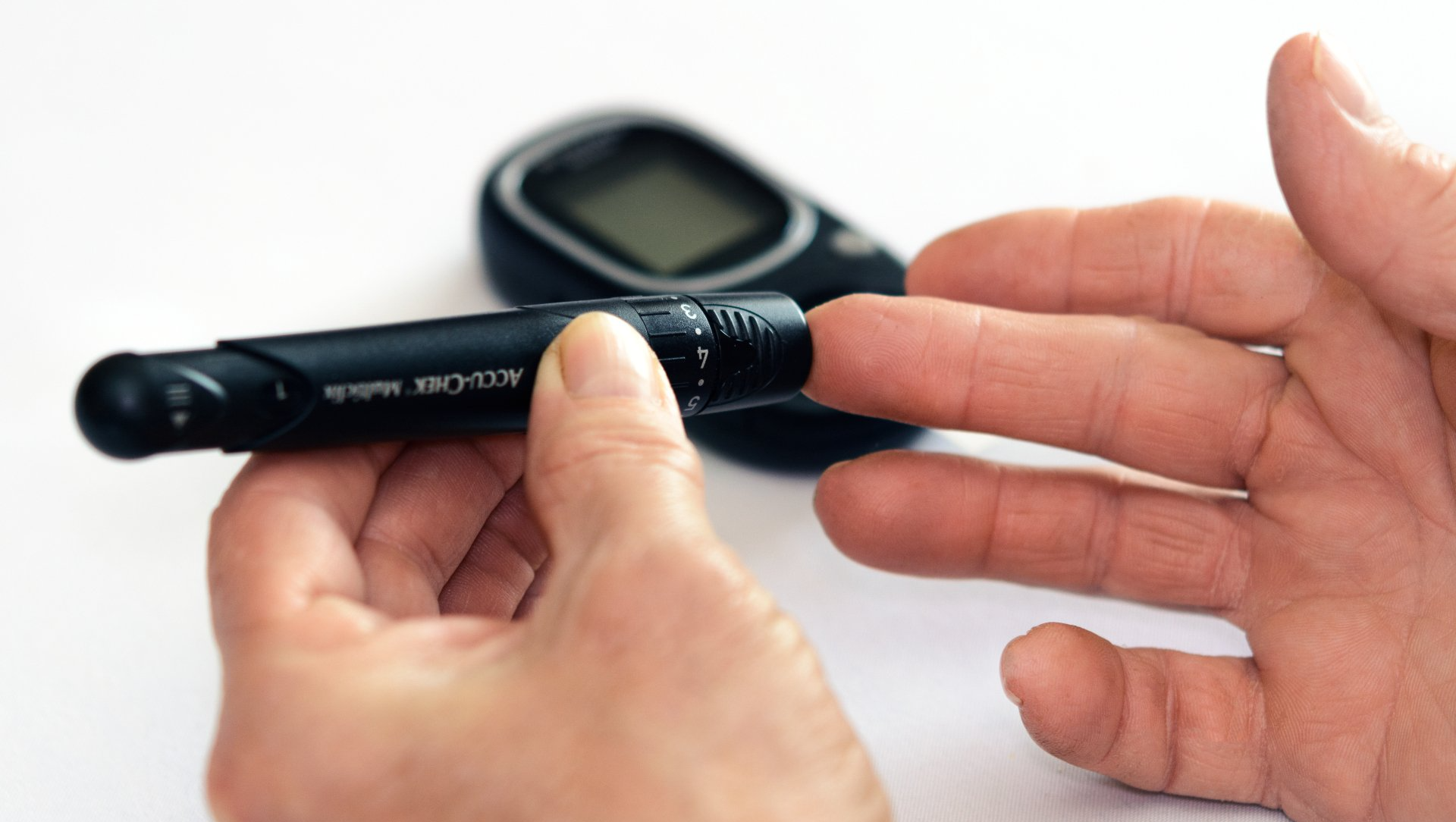Obesity & Diabetes Specialist
Dealing with obesity

As a combined Obesity & Diabetes Practitioner and Nutritionist, I can help you take control of your life by showing you how to manage your obesity, helping you re-claim your mobility, independence, and happiness.
I can provide an obese person of any age with all the tools needed such as diet plans to ensure the risk of developing health complications is reduced. We’ll do this by creating and maintaining a healthy and active lifestyle.
The reality
Emotional suffering may be one of the most painful parts of obesity. Society emphasises physical appearance and often equates attractiveness with slimness, especially for women. Such messages make overweight people feel unattractive.
Many people think that individuals with obesity are gluttonous, lazy, or both. This is not true. As a result, people who are obese often face prejudice or discrimination in the job market, at school, and in social situations. Feelings of rejection, shame, guilt and/or depression often occur.
Check your weight
Use the charts below to find out exactly where you are with your current weight. Try taking small, yet positive steps to help you reduce some of the excess weight you may be carrying.
BMI Classification
| < 18.5 | Underweight |
|---|---|
| 18.5–24.9 | Normal weight |
| 25–29.9 | Overweight |
| 30–34.9 | Class I obesity |
| 35–39.9 | Class II obesity |
| ≥ 40 | Class III obesity |
"Class III" obesity is broken down into further categories
| BMI ≥ 35–40 | Severe obesity |
|---|---|
| BMI ≥ 50–50 | Morbid obesity |
| BMI ≥ 50 | Super obesity |
Living with Diabetes

As a combined Obesity & Diabetes Practitioner and Nutritionist, I can help you take control of your life by showing you how to manage your condition, helping you reclaim your and independence and happiness.
Being diagnosed with diabetes can be a very difficult time. It is usual to have a mixture of feelings, particularly shock at being told you have diabetes, anger at how this could have happened to you, guilt, and sometimes even embarrassment. But not everybody responds in the same way, some feel relieved at finally being able to put a name to what has been causing them to feel so unwell.
Diagnosis is often the time when a lot of information is given which can leave people feeling overwhelmed and confused. It can be frightening for anyone when they first find out about the possible complications associated with diabetes. Most people even have days when living with diabetes seems impossible to cope with. However, diabetes doesn’t have to stop you from living the life you would if you didn’t have the condition.
Contact FITDEN
Text or call FITDEN on 07947 388604 or email us at enquiries@fitden.co.uk


